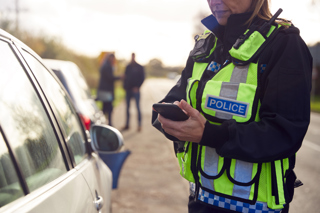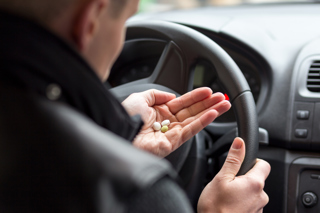More than half of drivers are still confused about the new drug-driving law, a report has found.
A survey carried out by Insurance Revolution has found that 53.3% of drivers did not know enough to fully understand the drug law change.
The new legislation, which came into force on March 2, includes restrictions on 16 drugs, with penalties of a minimum one-year driving ban, a fine of anywhere up to £5,000 – and a criminal record.
Within the first nine days it was reported that two people a day were being snared by this change as police cracked down on users with ‘drugalysers’.
But the new law may affect people who use prescription drugs, not just those who drive after taking illegal drugs.
Indeed, of the 16 drugs that the government has restricted, eight are available on prescription: clonazepam, diazepam, flunitrazepam, lorazepam, methadone, morphine or similar derivative drugs, oxazepam, and temazepam. These are often used as powerful anxiety medication or for strong pain relief.
Insurance Revolution’s head operating officer, Mark Rigby, said: “Drug driving is deadly and needs to be wiped out, but while this is a good step towards that, we need to be sure that there is no confusion regarding the implementation of new driving laws and regulations moving forward.”
But there does seem to be widespread confusion, and it has been reported that most drivers are unaware that prescription drugs fall under this category.
While 28.8% of those who took part in the Insurance Revolution survey believed the new law would result in less drug drivers and accidents, 38.2% said that repercussions of those driving under the influence is still not severe enough.
In addition, a fifth of 18 to 24 year olds and 34.4% of those who had driven under the influence of drugs believed it doesn’t affect you in the same way drinking does – with more than half of 18 to 24 year olds stating that it makes you feel like a better driver.
Rigby added: “There is clearly a lot of confusion surrounding the new law and who it affects and I believe more needs to be done to inform drivers about the new restrictions.”

















Ean Lewin - 23/04/2015 13:00
Anyone on Meds should ask their Doctor or Pharmacist. Simple! Anyone taking drugs, should then take a taxi. Even simpler!!